At Atlantic ENT, we perform advanced balance testing to diagnose dizziness, vertigo, and other balance-related disorders, helping patients regain stability, safety, and peace of mind.
Am I a Candidate for Balance Testing?
If you experience dizziness, vertigo, or frequent unsteadiness, balance testing may be right for you. Symptoms that warrant an evaluation include:
- Feeling lightheaded, unsteady, or like the room is spinning
- Difficulty standing or walking without support
- Frequent falls or fear of falling
- Blurred vision when moving your head
- Disorientation in dark or crowded spaces
- Nausea or motion sensitivity
Balance disorders can affect anyone but are especially common in older adults. Early evaluation can prevent falls and improve overall safety and quality of life.





